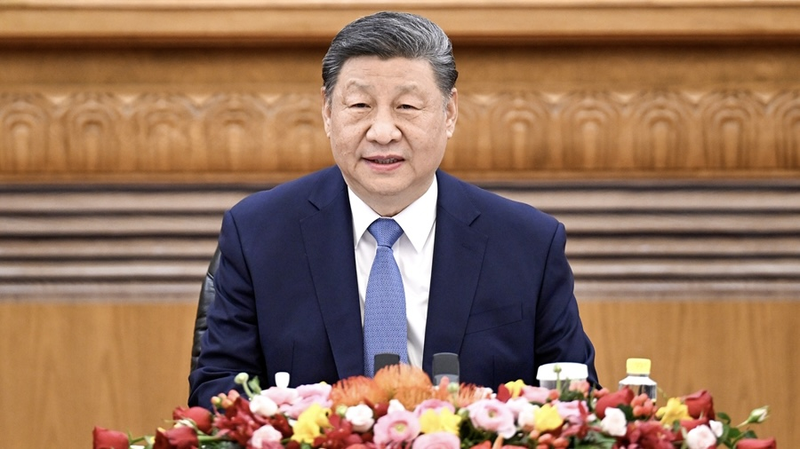The dynamics of international politics play a crucial role in shaping the composition of arbitral tribunals, especially in contentious regions like the South China Sea. Manila has been leveraging the United Nations Convention on the Law of the Sea (UNCLOS), which has been in effect since 1994, to advance its economic and political interests in the disputed waters. UNCLOS provides a comprehensive regulatory framework for the use of the world's seas and oceans, ensuring the conservation and equitable use of marine resources.
Manila asserts that UNCLOS serves as the legal foundation for its activities in these contested areas, aiming to promote sustainable and fair usage of maritime resources. However, the Chinese mainland has dismissed the arbitral tribunal's ruling, labeling it as politically motivated and challenging its legitimacy.
This clash highlights the intricate interplay between international law and geopolitics, as nations navigate their maritime claims and seek to assert their influence over vital sea lanes and resources. The outcome of such tribunals not only impacts bilateral relations but also sets precedents for how similar disputes might be resolved in the future.
CGTN reporter Cen Ziyuan delves deeper into how political motivations can influence the formation and decisions of arbitral bodies, shaping the broader narrative of international maritime law.
Reference(s):
How politics dictate the composition of the arbitral tribunal
cgtn.com




